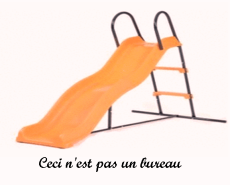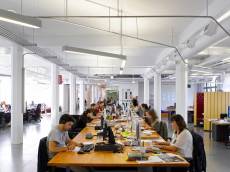May 16, 2013
HS2 – still a train that symbolises the clash of old and new ways of working
[embedplusvideo height=”160″ width=”210″ standard=”https://www.youtube.com/v/audakxABYUc?fs=1″ vars=”ytid=audakxABYUc&width=290&height=191&start=&stop=&rs=w&hd=0&autoplay=0&react=0&chapters=&notes=” id=”ep9359″ /]
We’ve said this before but given the recent round of agonising over HS2 and today’s news that it will already cost £10 bn more than planned, there is no end yet to us hearing more and more about the plans for the Government’s flagship construction project and all-round Keynesian boot in the pants for the UK economy. Most of what passes for debate involves some light class warfare about the route through Tory constituencies, seasoned with a dash of NIMBYism, some chest beating from Labour who started the whole thing but can’t be seen to support it fully and various other bits of pointless to-ing and fro-ing. But what is most remarkable about the scheme as far as we are concerned, has always been how its business case completely and deliberately ignores the way we now work. Something bleedin’ obvious that the NAO has now pointed out.

























May 17, 2013
CBRE WorkShop concept is interesting, but is it workable?
by Simon Heath • Comment, Property, Technology, Workplace, Workplace design
I’d like to deal in this article with the arrival yesterday of the long-awaited white paper from CBRE’s thought leadership exercise, The CBRE Workshop. However, I should declare an interest for the sake of transparency. Until June 2012 I was employed by CBRE and reported directly to a couple of the people who are heavily involved in The Workshop idea. I would reassure readers that I am not a disgruntled former employee. I have a huge amount of respect and warm regard towards my erstwhile colleagues and nobody will be happier than me to see them do well.
(more…)